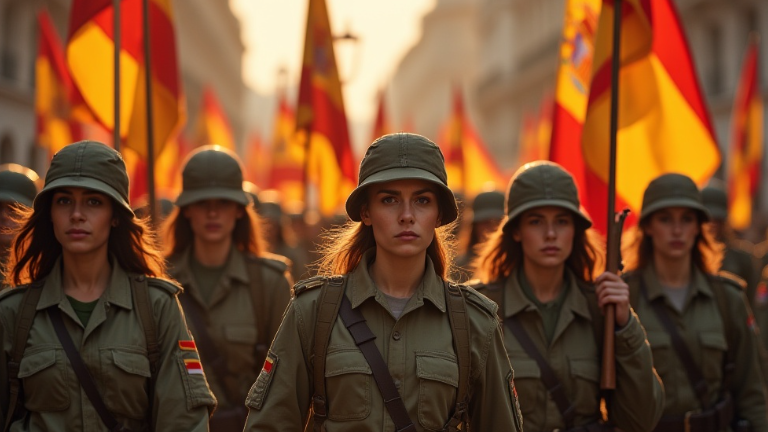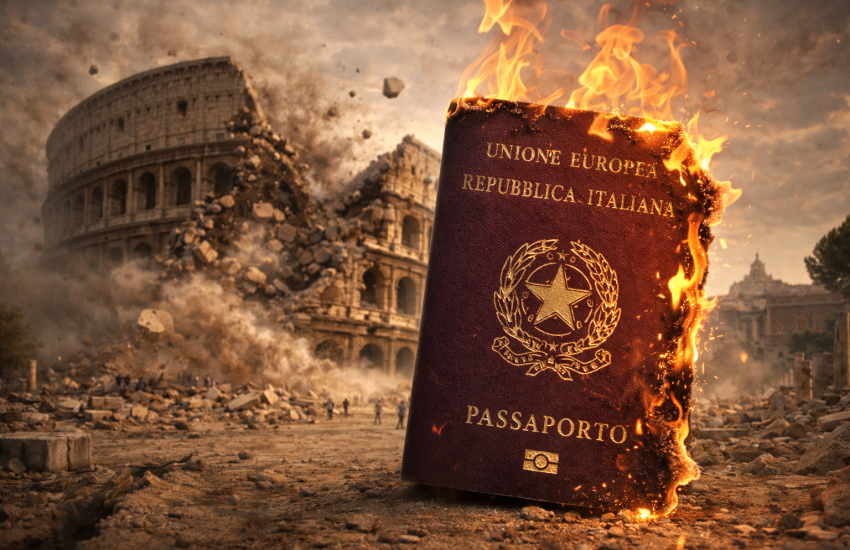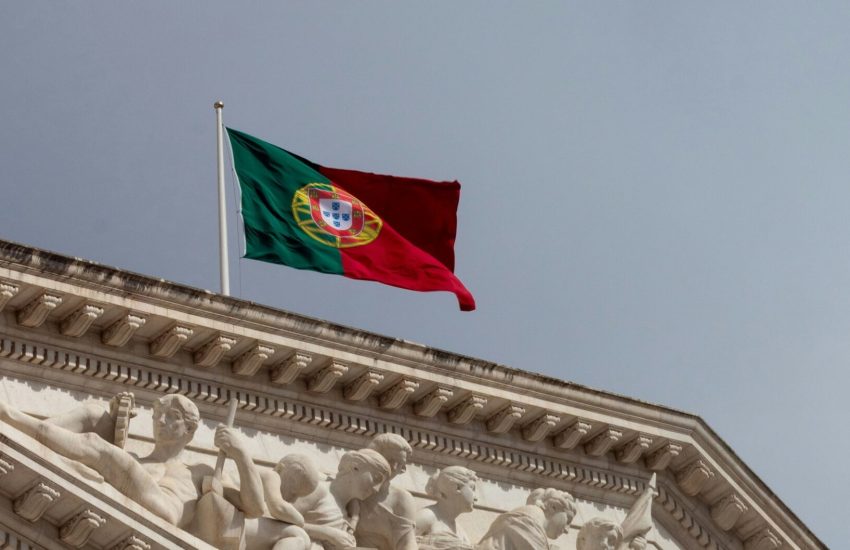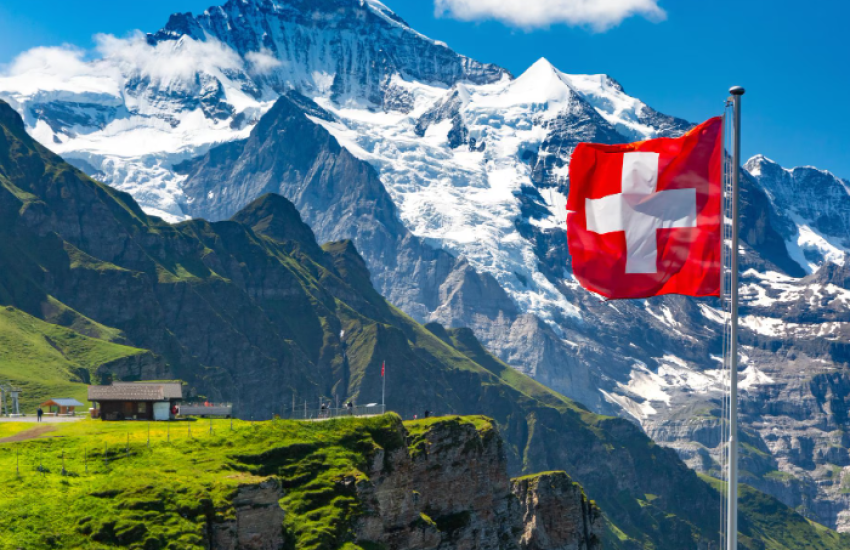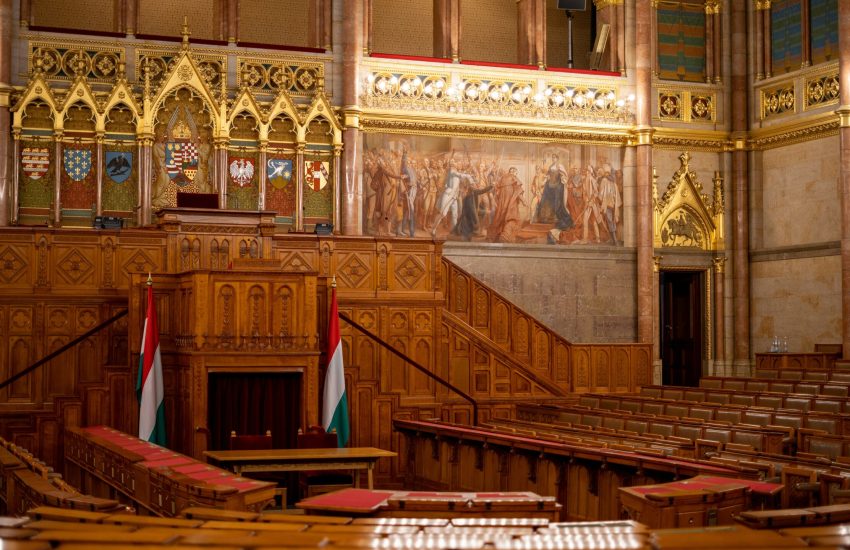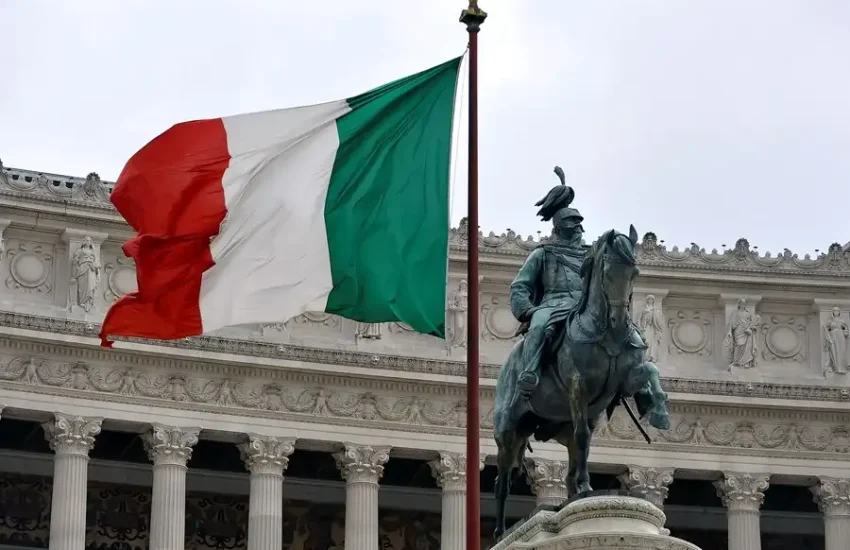The auditorium in Madrid was full, but what was heard there echoed far beyond Spain’s borders. Eight Spanish servicewomen from different branches of the Armed Forces and the Military Emergency Unit (UME) took the stage not just to tell their stories, but to send a clear message to new generations: “la que quiere, puede” — those who want it, can.
The message, which could sound like a simple motivational motto, turned out to be a cry for recognition and equality. In times of European defense restructuring and rising international tensions, the role of women in the armed forces is gaining new importance.
In Spain, where the topic still faces symbolic and practical barriers, this call sounded like an invitation to action.
A call to action in Madrid
A high-ranking pharmacist, a fighter pilot, veterans from artillery, the navy, and aerospace medicine. The panel, organized by Artículo 14, brought together diverse profiles but similar journeys: women who had to prove, time and again, that competence has no gender.
More than sharing achievements, the group discussed the challenges of balancing a military career, personal life, and institutional expectations. Although they say they have never faced direct discrimination, the participants agree that power and promotion structures remain heavily male-dominated.
“Pursuing a military career requires more than courage — it demands support and cultural change,” summed up one of the officers.
Between achievements and challenges
Colonel Beatriz Puente emphasized that “there is time for everything,” defending the balance between personal life and military duty. Navy lieutenant María Porras highlighted advances in flexibility policies and maternity leave.
For Sergeant Verónica Restrepo and Lieutenant Colonel Rodríguez, joining units like the UME requires vocation and resilience — qualities that, according to them, still need greater institutional recognition.
Despite progress, inequality persists. According to the European Union, women represent only 10% of military personnel across member states, and command positions remain largely male.
A European context in transition
The debate on gender in the armed forces arises at a time of continental transformation. The war in Ukraine has reignited discussions about military service, prompting many countries to rethink recruitment models — now with an inclusive focus.
Denmark, for instance, has ruled that starting in 2025, women will also be required to participate in the selection process for military service. The decision aims to ensure equality of duties and rights, strengthening both social and strategic cohesion.
Meanwhile, in Brussels, the European Commission is advancing the Readiness 2030 plan, which foresees up to €800 billion in defense investments — including diversity and gender equality targets as part of modernization criteria.
Concrete measures on the table
The Spanish panel reinforced that the message “those who want it, can” must come with structural action. Among the proposals presented:
-
Institutional support: policies for leave, reintegration, and flexible schedules.
-
Cultural training: bias awareness and promotion of female leadership.
-
Impact monitoring: transparency in promotion criteria and pay equity.
-
European standardization: common recruitment and working condition rules promoting mobility and cohesion.
According to participants, these measures are the path to turning inspiration into action — ensuring that the future of European defense is truly inclusive.
The future of defense is also female
There are signs of change, albeit gradual. The European Parliament has published studies recognizing the benefits of women’s participation in strategic areas of security and diplomacy. Yet, as one officer pointed out during the panel, “the structure must want it as much as the people who believe in it.”
The Madrid event captured that spirit: the conviction that the next generations of women — Spanish, European, and beyond — will no longer ask for space but will claim it with competence, courage, and purpose.
